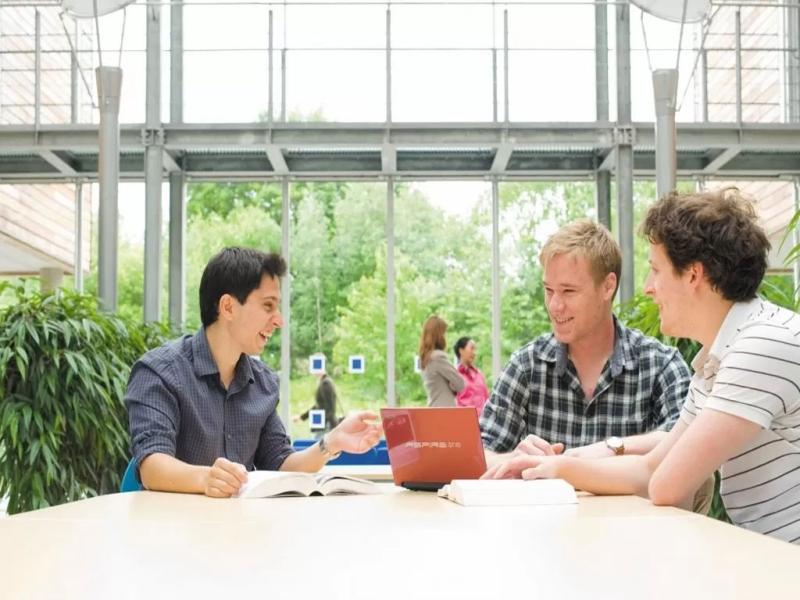I first became aware of entrepreneurship as an area of academic focus in the early 1980’s when I read Joseph Schumpeter’s ‘The Theory of Economic Development’. I found his distinction between, what we now refer to as incremental innovation, improving existing products and processes, and radical innovation, transforming these, fundamental when it comes to understanding economic development. Schumpeter explained how radical innovation inspired by the insights of entrepreneurs created new waves of innovation that, in turn, underpinned an acceleration in economic development.
I was particularly struck by the central role played by radical as opposed to incremental innovation in this process of development, and the apparent absence of any explanation as to where the novel insights that underpinned these radical innovations came from. In short, what inspired and inspires radical innovation thinking?
In the 1980’s and 90’s I was advised by the ‘wise’ that entrepreneurship could not be taught. Having demonstrated along with many others, that this was a fallacy I then moved on to radical innovation thinking and was advised that, by definition, the ability to generate insights that cannot be traced back to present conditions through small incremental steps but requires a creative leap of the imagination, is not conducive to being learned as part of the curriculum. Fortunately, our growing team became more aware of the history of creative problem solving and how, for decades, many large businesses had, in effect, been training their staff in creative problem solving and as a consequence radical innovation thinking, with frequent and often repeated references to ‘lateral thinking’ ‘thinking outside the box’, ‘left field thinking’, ‘thinking sideways’ and many more. This was common practice in large businesses and regarded as vital to retaining competitive edge through the generation and introduction of innovations in products and processes, but it didn’t’ feature in my curricula in any way, shape or form. From our student’s viewpoint and indeed in terms of our own research, it was important to close this gap. My first module entitled ‘Entrepreneurship’ was introduced in the mid 1980’s and focused on the history and theories of entrepreneurship with particular reference to the work of Joseph Schumpeter.
From this early, somewhat dry, and rather unimaginative beginning, came the development of effective processes for encouraging radical innovation thinking and their incorporation in the curriculum. We developed the ‘Ingenuity’ approach to creative problem solving based on a carefully structured set of questions or tasks set within the three phases of radical innovation thinking, problem definition, solution generation, and solution choice. This approach was very well received and we decided to introduce a web based approach ‘Ingenuity Online’. In terms of the curriculum, courses to encourage radical innovation thinking are not restricted in their relevance to business school students. This was an opportunity to enrich the curricula in many other disciplines within the university. Ingenuity and creative problem solving have generic relevance; exploring your imagination freely but systematically with an emphasis upon transformational rather than incremental improvement is as relevant in the sciences and medicine as it is in the arts and humanities. We have worked with teams within these disparate disciplines and the results are impressive.
As the modules in entrepreneurship that were introduced alongside the signature focus on radical innovation thinking evolved, they also reflected, to greater or lesser extents, the need to support our students in thinking differently, whilst retaining their disciplinary integrity, be it Marketing, Finance, Innovation, or Management for example.
The first extra dimension that entrepreneurship education provided to Nottingham University Business School was therefore the expertise and confidence to encourage radical innovation thinking in our students, staff, large organisations like the NHS and Unilever and many cohorts of small firms.
The second additional dimension refers to our aspirations for the future. Aspirations often originate from existing goals and achievements, they are ambitious but realistic; they are the natural, but challenging next steps forward. In short, many aspirations represent an incremental improvement in our present performance. Radically different kinds of performance are often excluded from our aspirations and this behavior is reinforced by the proliferation of target based metrics that naturally tend to refer only to current practice.
The second extra dimension therefore, that entrepreneurship education provided to the Institute was this awareness of the need to apply creative problem solving and radical innovation thinking to our aspirations as well as embedding it in our existing curriculum. Whilst this may be both fascinating and fruitful, I should acknowledge, it is not easy!
